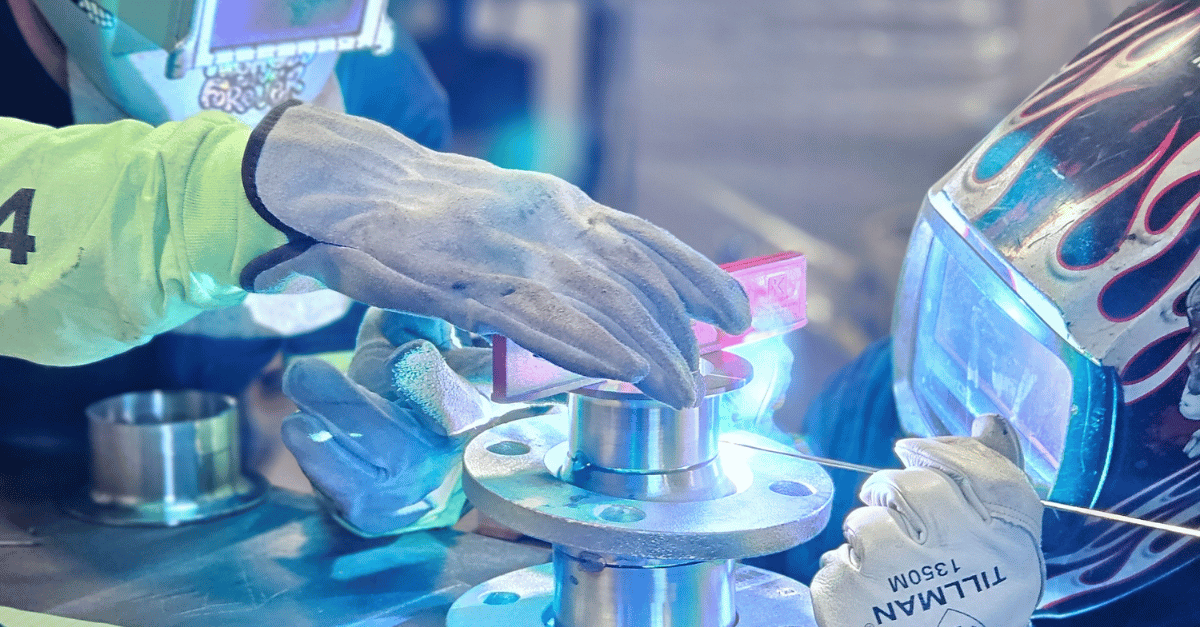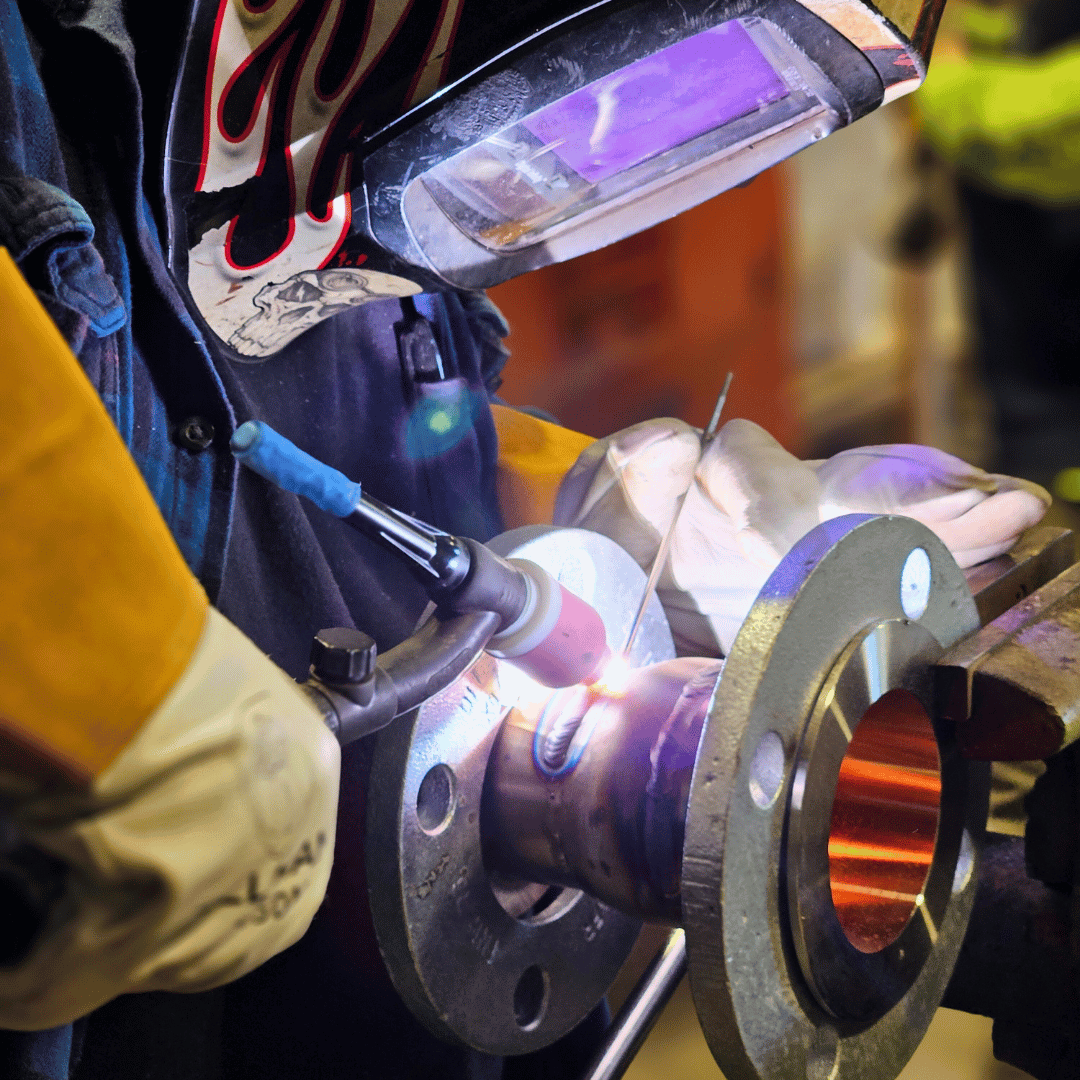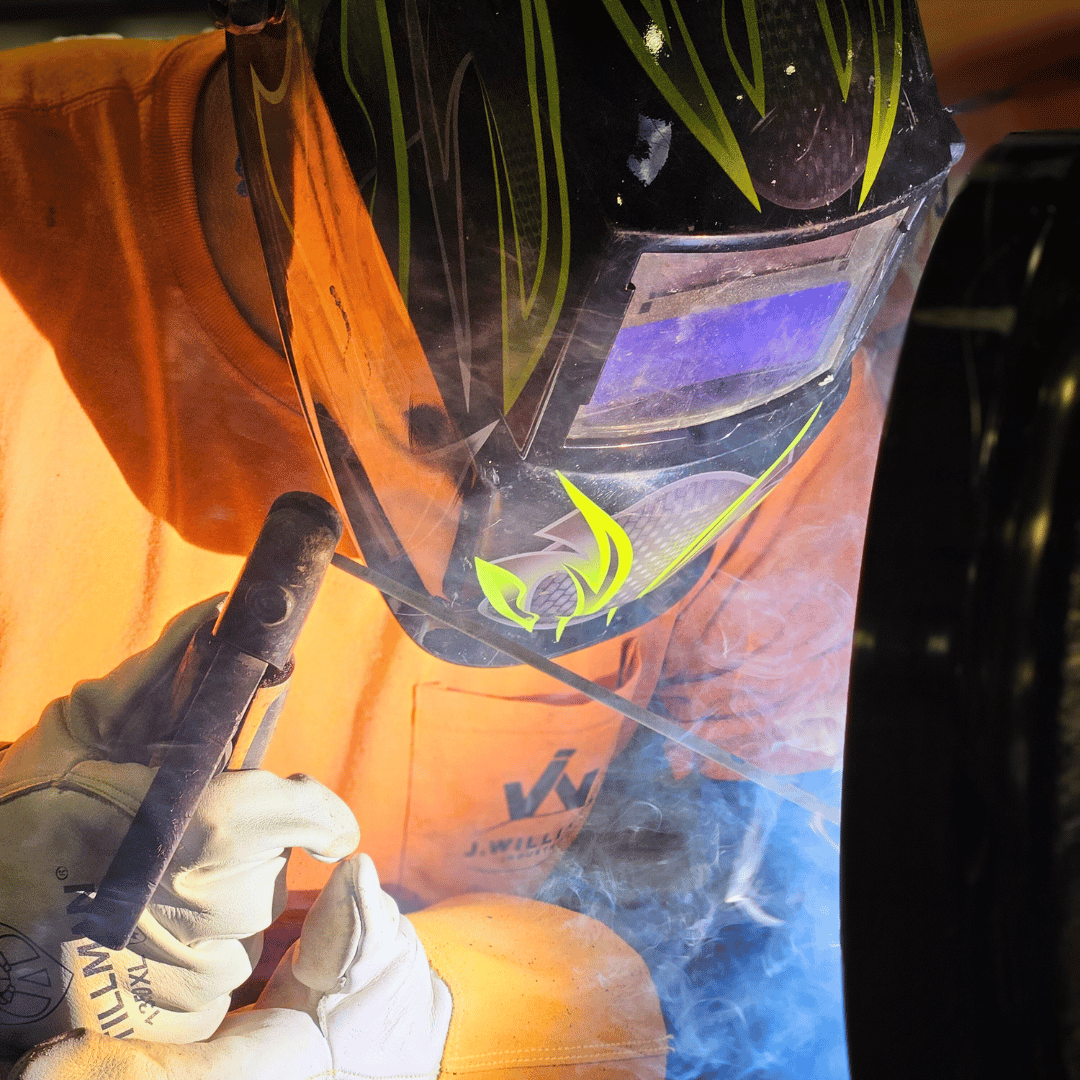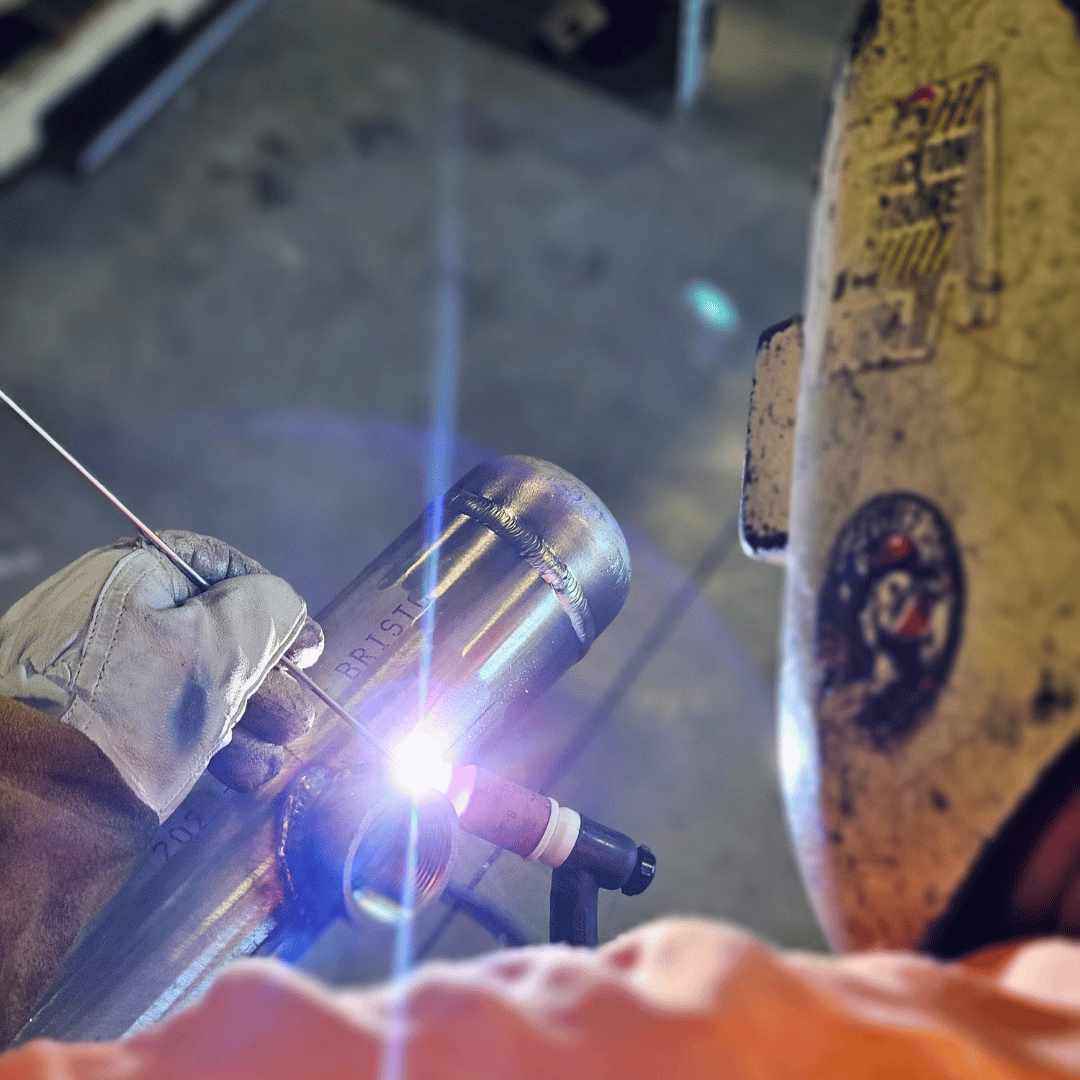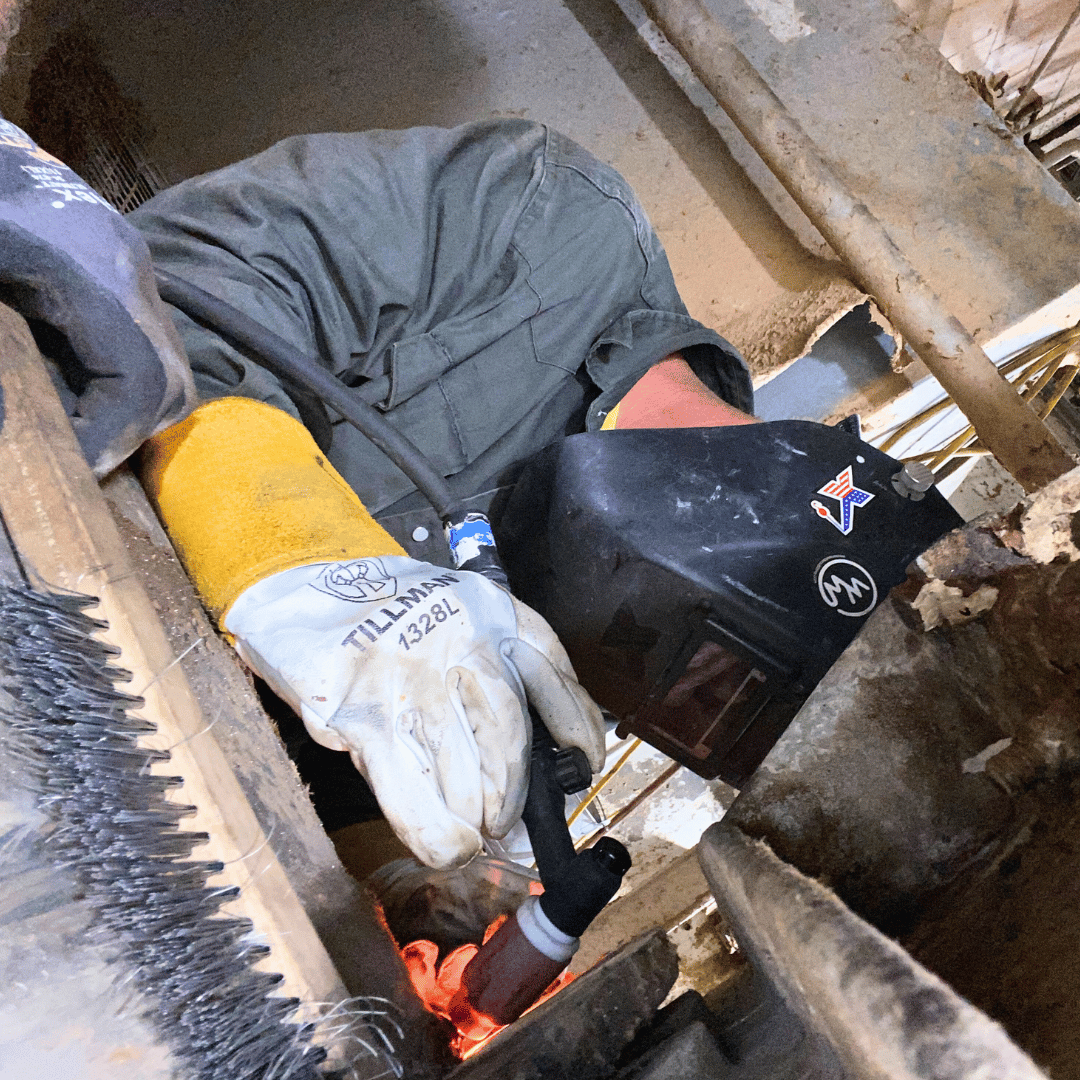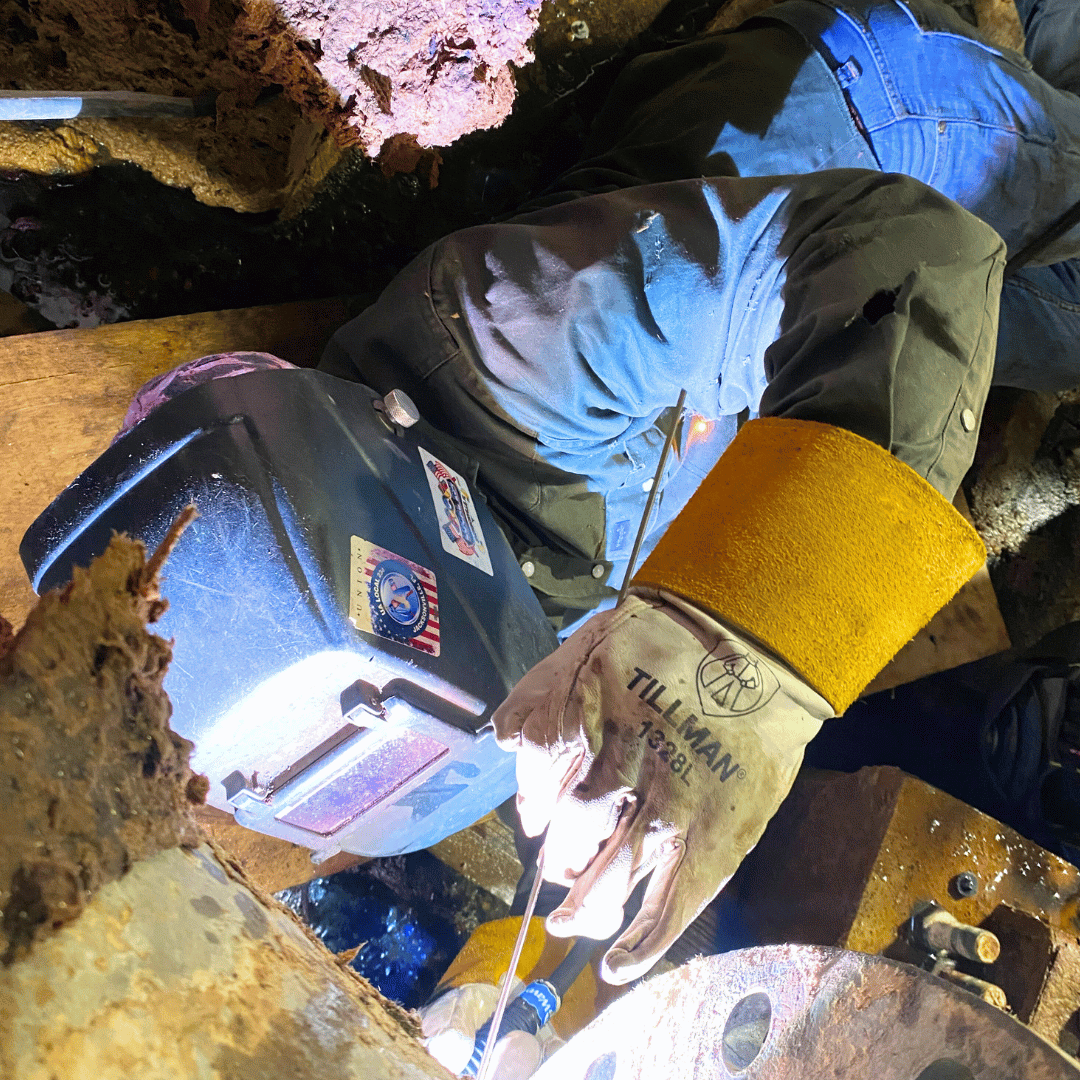Understanding Industrial Piping Systems
Industrial piping systems are complex networks of pipes, fittings, valves, and other components designed to transport fluids and gases within industrial facilities. These systems serve various purposes, including conveying raw materials, transferring products between processing stages, and facilitating utilities such as water, steam, and compressed air.
Importance of Industrial Piping System Installations & Repairs
Efficient and reliable piping systems are essential for the smooth operation of industrial facilities. Here's why installations and repairs are critical:
Optimized Operations: Properly designed and installed piping systems ensure efficient fluid flow, minimizing pressure drops and energy consumption.
Safety Compliance: Well-maintained piping systems meet safety standards and regulations, reducing the risk of leaks, spills, and accidents.
Asset Protection: Timely repairs and maintenance prevent corrosion, erosion, and other forms of degradation, prolonging the lifespan of piping infrastructure and associated equipment.
Cost Efficiency: Regular inspections and repairs help identify and address issues early, minimizing downtime, repair costs, and production losses.
Processes Involved in Industrial Piping System Installations & Repairs
Design and Engineering:
● The installation process begins with comprehensive design and engineering, taking into account factors such as fluid properties, flow rates, pressure requirements, and environmental conditions. This stage involves selecting appropriate materials, sizing pipes and fittings, and determining layout and routing.
Material Procurement:
● Once the design is finalized, the necessary materials and components are procured from reputable suppliers. Quality assurance is paramount to ensure that materials meet specifications and standards.
Installation:
● Installation involves assembling and connecting pipes, fittings, valves, and other components according to the approved design. Skilled technicians use various techniques such as welding, threading, and flanging to ensure leak-free joints and connections.
Testing and Commissioning:
● After installation, the system undergoes rigorous testing to verify integrity, functionality, and performance. This includes pressure testing, leak detection, and flow testing to ensure compliance with design specifications and safety standards.
Repairs and Maintenance:
● Regular inspections and preventive maintenance are essential for identifying and addressing issues before they escalate. Common repair activities include replacing worn-out components, repairing leaks, and conducting corrosion protection measures.
Best Practices for Industrial Piping System Installations & Repairs
To ensure successful installations and reliable operation, adhering to best practices is essential:
Compliance: Installations and repairs should comply with industry standards, codes, and regulations to ensure safety and performance.
Quality Assurance: Use high-quality materials, components, and workmanship to minimize the risk of failures and ensure longevity.
Training and Certification: Employ skilled technicians who are trained and certified in industrial piping system installation, repair, and maintenance.
Documentation: Maintain comprehensive records of installations, repairs, inspections, and maintenance activities for reference and compliance purposes.
Conclusion
Industrial piping system installations and repairs are critical for maintaining the efficiency, reliability, and safety of industrial facilities. By following best practices, adhering to standards, and prioritizing maintenance, businesses can ensure optimal performance and longevity of their piping infrastructure.
